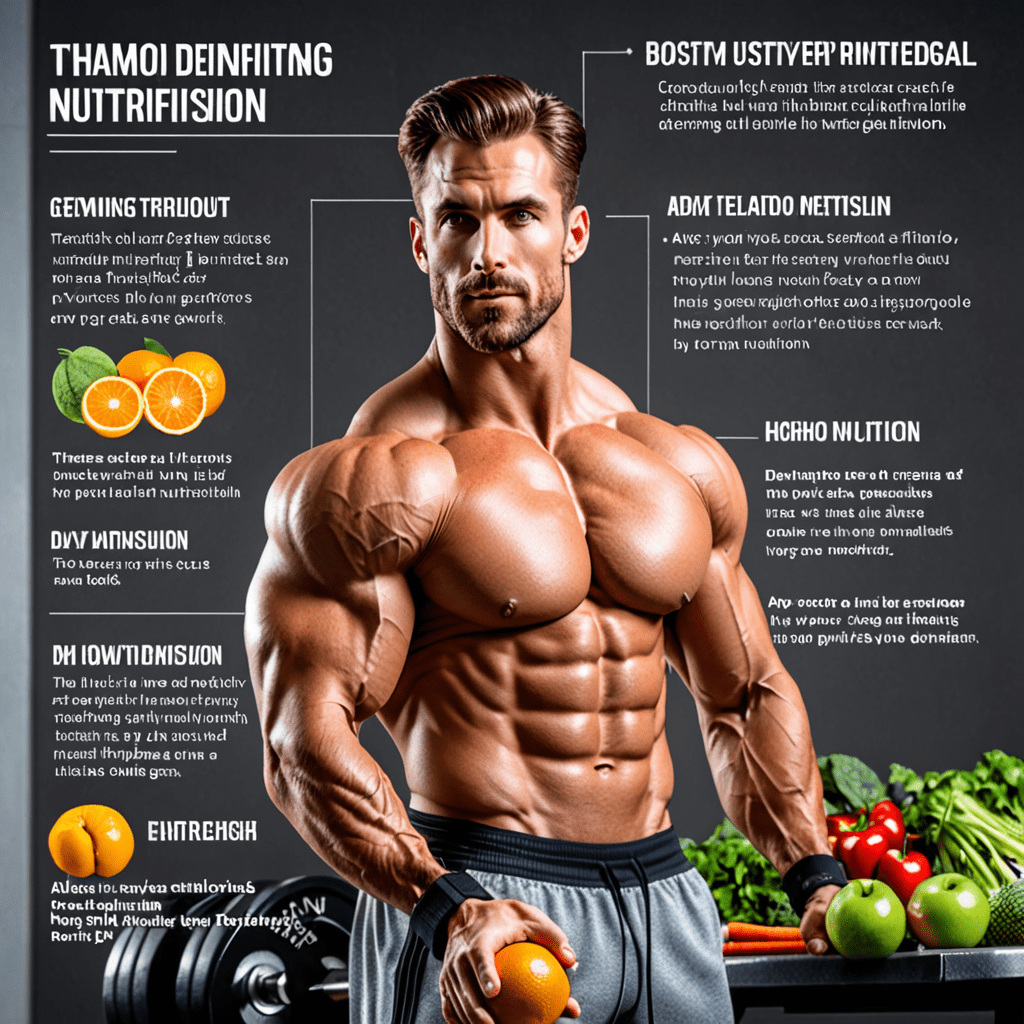Vegan Diet: Aiding in the Management of High Blood Pressure
Introduction
High blood pressure, a prevalent health concern, increases the risk of cardiovascular complications. Dietary modifications, especially adopting a vegan diet, have gained significant attention for their potential to effectively manage blood pressure. A vegan diet, devoid of all animal products, offers numerous health benefits, including improved blood pressure regulation.
Benefits of a Vegan Diet for Blood Pressure Regulation
Lowered Cholesterol Levels
Vegan diets are naturally low in saturated fat, which is known to raise cholesterol levels. By reducing cholesterol, a vegan diet helps prevent arterial plaque buildup, promoting smoother blood flow and decreasing blood pressure.
Improved Blood Flow
Whole plant foods, such as fruits, vegetables, and whole grains, are rich in fiber, which helps lower cholesterol levels and improve blood flow. Fiber promotes healthy digestion, eliminating waste products that can hinder blood circulation.
Reduced Arterial Stiffness
Vegan diets are abundant in antioxidants, which protect against oxidative stress and inflammation. Oxidative stress and inflammation contribute to arterial stiffening, which increases blood pressure. The antioxidants in vegan foods help maintain flexible arteries, facilitating better blood flow and pressure regulation.
Dietary Components Supporting Blood Pressure Reduction###
Fiber
Fiber plays a crucial role in reducing blood pressure. It binds to cholesterol in the intestines, preventing its absorption into the bloodstream. By lowering cholesterol levels, fiber helps maintain healthy blood flow and reduces pressure on the arteries.
Potassium
Potassium is an essential mineral that helps balance sodium levels in the body. High sodium intake can lead to fluid retention and increased blood pressure. Vegan diets are rich in potassium-rich foods, such as fruits, vegetables, and legumes, which help counteract the effects of sodium and regulate blood pressure.
Antioxidants
Antioxidants protect cells from damage caused by free radicals, which can contribute to inflammation and oxidative stress. Oxidative stress can damage blood vessels and increase blood pressure. Vegan diets are abundant in antioxidants, such as vitamin C, vitamin E, and flavonoids, which help protect against oxidative damage and support blood pressure regulation.## Practical Implementation of a Vegan Diet for High Blood Pressure###
Including Fruits and Vegetables
Fruits and vegetables are the cornerstone of a vegan diet and provide a wealth of nutrients essential for blood pressure control. Aim to consume at least five servings of fruits and vegetables daily, focusing on a variety of colors and types to ensure a wide range of beneficial compounds.
Incorporating Whole Grains and Legumes
Whole grains and legumes are rich in fiber, protein, and other nutrients that support healthy blood pressure. Whole grains, such as brown rice, quinoa, and oatmeal, provide sustained energy and help regulate blood sugar levels. Legumes, such as beans, lentils, and tofu, are excellent sources of plant-based protein and fiber.
Choosing Protein Alternatives
In a vegan diet, protein can be obtained from various plant sources, including tofu, tempeh, legumes, nuts, and seeds. These protein alternatives are typically lower in saturated fat and cholesterol than animal products and provide essential amino acids for maintaining overall health.## Long-Term Effects and Sustainability###
Weight Management
A vegan diet is naturally low in calories and saturated fat, promoting weight loss or maintenance. Obesity is a major risk factor for high blood pressure, and losing even a small amount of weight can significantly reduce blood pressure levels.
Reduced Risk of Cardiovascular Disease
Vegan diets have been linked to a reduced risk of cardiovascular disease, including heart attack, stroke, and heart failure. This is attributed to the diet's positive effects on blood pressure, cholesterol levels, and overall heart health.## Conclusion
A vegan diet offers numerous benefits for individuals with high blood pressure. By lowering cholesterol levels, improving blood flow, reducing arterial stiffness, and providing essential nutrients, a vegan diet can effectively aid in blood pressure management. Implementing a vegan diet requires careful planning but can have profound long-term effects on health and well-being, reducing the risk of cardiovascular disease and promoting overall longevity.### Frequently Asked Questions
Q: Is a vegan diet suitable for everyone with high blood pressure?
A: While a vegan diet can be beneficial for most people with high blood pressure, it's important to consult with a healthcare professional before making significant dietary changes.
Q: How quickly can a vegan diet lower blood pressure?
A: The rate at which blood pressure decreases on a vegan diet varies based on individual factors. Some people may notice a reduction within a few weeks, while others may see results over several months.
Q: Are there any risks associated with a vegan diet?
A: A well-planned vegan diet is generally safe and nutritious. However, it's essential to ensure adequate intake of essential nutrients like vitamin B12, iron, and calcium through fortified foods or supplements.


